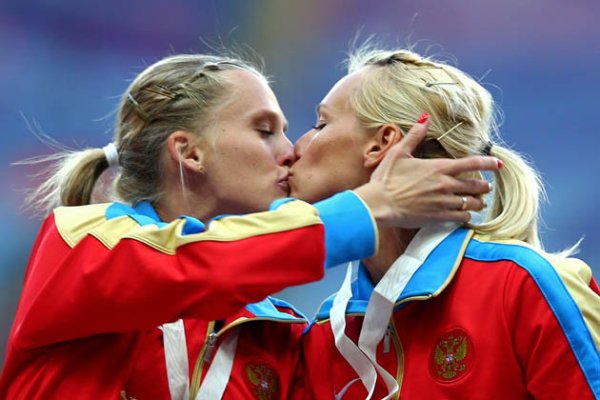I was away! But now I’m back. And while I was away, I wrote the following two pieces for The Forward:
1) Israel Loves Gay Cash — Just Not Gay Marriage:
What do you reckon is the busiest time of year for Tel Aviv’s hotels — maybe the High Holidays? Perhaps Christmas/New Year’s, when America’s families are on vacation? How about Gay Pride Week?
Bingo!
…Tel Aviv’s message is clear: Come, have fun! We love your party attitude and your wallet!
To which Israel’s national government can only add: Just don’t fall in love and try to get married.
Even as Tel Aviv was raking in that sweet, sweet gay cash, a few miles away in Jerusalem the Knesset spent Wednesday rejecting a marriage equality bill…. To read the rest, click here.
2) Would Israelis Be Kidnapped If Not For Settlements?
On Monday the New York Times reported that the recent abduction of three Israeli teens in the occupied West Bank has raised a “hushed debate [within Israeli society] over the conduct of Jewish settlers.”
While I think it’s fair to point out that Israel’s reactions to the kidnappings have been marked more by anger and prayer than debate (however hushed), the simple fact that any questions whatsoever have been posed in conversation with an American reporter is significant and reflects a broader shift in attitudes toward the settlement project.
Earlier this month, Justice Minister (and one-time right-wing stalwart) Tzipi Livni was quite blunt: “It’s time to say things exactly as they are: The settlement enterprise is a security, economic and moral burden that is aimed at preventing us from ever coming to [a peace agreement].” Moreover, a recent study found that a growing majority of Israelis no longer support that enterprise.
It’s important to note, however, that if the citizenry shares Livni’s general sense of disapproval, they do not appear to share her reasoning: 71% of those surveyed say settler violence against Israel’s military keeps them from “identifying with” their settler brethren; 59% say the settlements are bad for Israel’s relationship with the U.S. The violence of some settlers against Palestinians, the financial drain on Israel’s increasingly inequitable society, or the obstacle that settlements pose to achieving a workable resolution of the conflict do not appear to be major concerns. In fact, while 52% support a full or partial withdrawal from occupied territory in the framework of an accord with the Palestinian Authority, 31% support full or partial annexation — where the difference lies between partial withdrawal and partial annexation is unclear…. To read the rest, click here.






